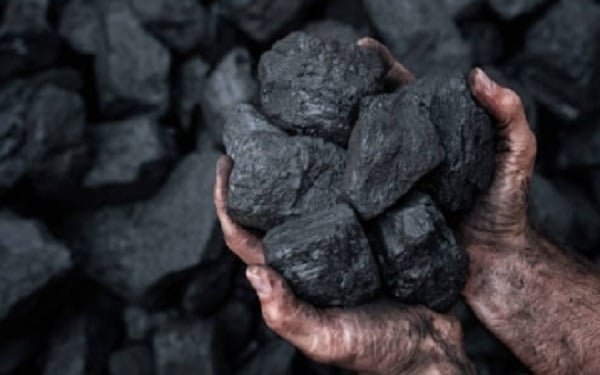Is It True or False that Advanced Coal Technology Can Provide Cleaner Energy?

A report finds that highly efficient, low-emission coal plants and carbon capture and storage (CCS) technology could reduce CO2 emissions by up to 1.412 billion tons annually – equivalent to removing 310 million to 560 million SUVs from global roads. Replacing coal-fired power plants with those using pulverized coal combustion technology could inject over $1.5 trillion into the global economy, compared to an additional $2.7 trillion cost of replacing coal with alternative energy sources due to insufficient output.
Coal remains crucial for key industries such as steel (70% of production), cement (90%), and aluminum (60%), while also producing cost-effective hydrogen and supplying critical minerals like copper, cobalt, and nickel for renewable energy and battery storage.
The authors state, “While acknowledging the global shift towards decarbonized energy systems, coal still accounts for 36% of global electricity generation. Its role as a resilient, reliable, and dependable energy source has been proven globally, including in Europe and North America.”
The report notes that various forms of coal, from thermal coal to lignite and metallurgical coal, remain valuable assets in addressing global challenges. The socio-economic impact of phasing out all forms of coal could create significant economic strain.
This report challenges the idea of prematurely phasing out coal in favor of solely renewable energy sources. Instead, it explores how advanced coal technologies, carefully integrated with responsible energy policies and investment, can be key to achieving our future net-zero emissions goals.
The authors assert that advanced coal technologies offer a viable solution for producing clean and efficient electricity while also capturing emissions to produce valuable byproducts. With increased innovation and investment, the value proposition of coal is becoming stronger.
Paul Baruya, Director of Strategy and Sustainability at FutureCoal, stated: “This report challenges outdated perceptions of coal, reminding us that it is a versatile resource crucial to modern life, industrial development, and economic progress. Strategic investment in advanced coal technologies, given coal’s high-value applications, ensures viable solutions for the global economy.”
Modern coal technologies, outlined in FutureCoal’s Sustainable Coal Stewardship, have the ability to deliver global climate goals while continuing to foster socio-economic growth.
Given the growing demands of a digital and electrified world, FutureCoal’s new report released today, “Roadmap for a Sustainable Coal Value Chain“, outlines how advanced coal technologies can not only provide clean energy, reducing up to 99% of emissions, including CO2, but also support the growth aspirations of developing and emerging economies.
Key report findings include:
- Emission Reductions: high-efficiency low emissions (HELE) coal plants and carbon capture and storage (CCS) technologies could reduce emissions by up to 1,412 MtCO2 annually—equivalent to removing 310-560 million SUVs from global roads.
- Economic Growth: Replacing coal plants with ultra-supercritical plants could inject over USD 1.5 trillion into the global economy. In contrast, replacing coal with alternative energy would cost an additional USD 2.7 trillion due to shortfalls in output.
- High Value Applications: Coal remains essential to key sectors, including steel (70% production), cement (90%), and aluminium (60%), while also producing cost-effective hydrogen and providing critical minerals like copper, cobalt, nickel, and more for renewable energy and battery storage.
Paul Baruya, FutureCoal’s Director of Strategy and Sustainability stated: “This report challenges outdated views of coal, reminding us that it is a versatile resource vital to modern life, industrial development and economic progress. Given its high-value applications, strategic investments in advanced coal technologies ensures economic solutions worldwide.”
The report underscores coal’s positive impact on global communities, including job creation and providing essential resources for food security and infrastructure. It also calls for increased collaboration across the coal value chain to realise these opportunities through innovation and technology transformation.
Baruya concluded: “Over the past year, FutureCoal’s Sustainable Coal Stewardship roadmap has been challenging and reshaping how stakeholders view coal. This report builds on that progress, showing that a globally united value chain can shape a sustainable and responsible coal future.”


No comments:
Post a Comment